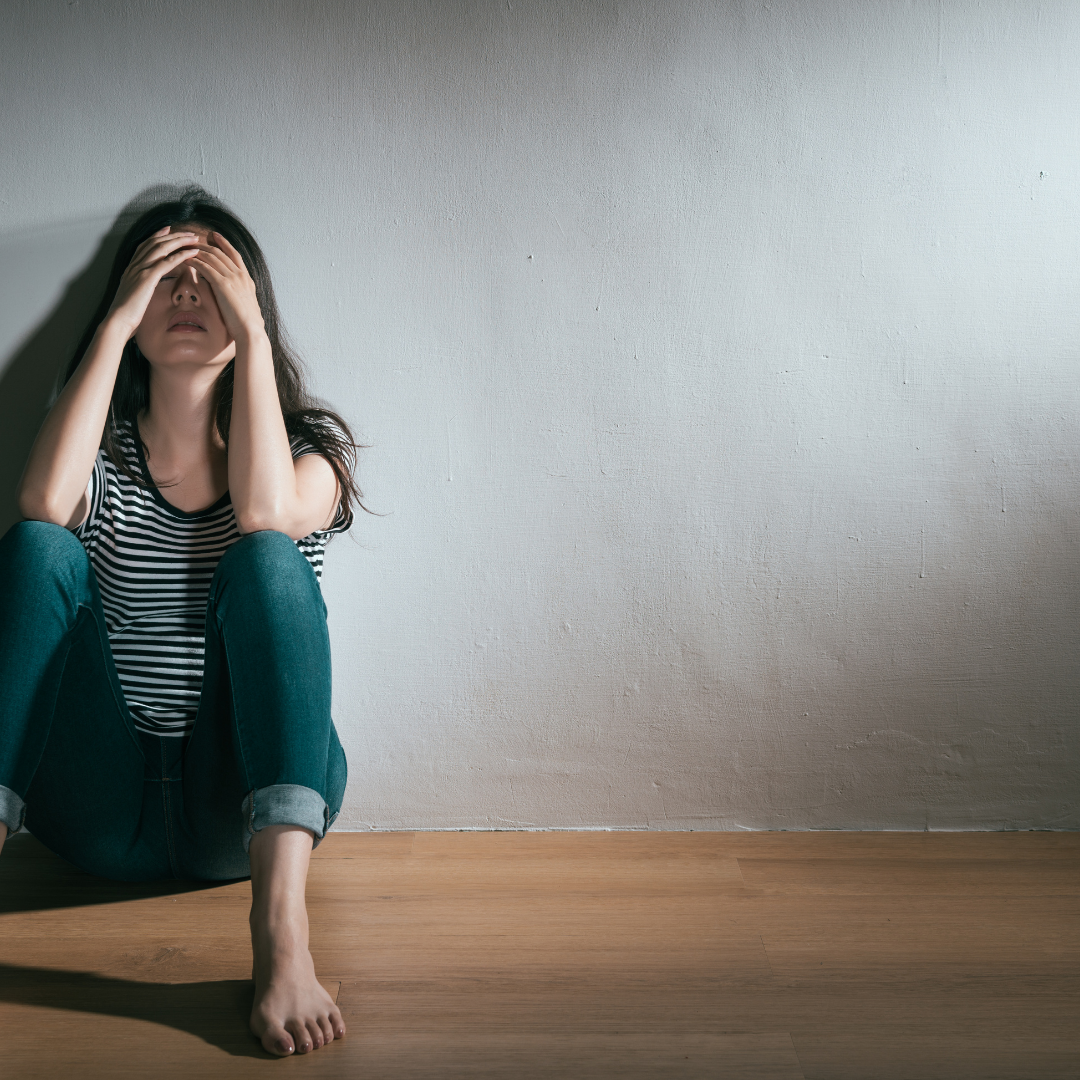Therapists
GET IN TOUCH
Book Now
BLOG
Now more than ever, many people are being pulled in different directions, experiencing extreme stress, and feeling overwhelmed in general. Many of us feel isolated and distant from the ones we love, while roommates and couples who co-habit are facing extra strain, especially when they work from home. Those of us who are single and live alone may be feeling lonely, disconnected, and unsupported.
Independence Doesn’t Mean Going it Alone

Feeling independent is important for your self-esteem and self-image. As we establish our place in the world as professionals, we’re also playing other roles: daughters, sisters, brothers, sons, caretakers, students, romantic partners, and so on. That’s a lot to juggle, and we all want to appear capable of handling everything on our own. But asking for support doesn’t mean sacrificing our independence.
If you think that being independent means never asking for help, you’re putting way too much pressure on yourself. You’re living life on your own terms without being controlled by someone else, and that’s the very definition of independence. Independent people understand that everyone needs support along the way, and that asking for help is an important life skill.
You’re Not the Only One Struggling
If there’s one thing we all have in common, it’s stress. While we may think we’re alone in feeling our particular strains and stresses, that is far from the truth. Most of us could use a little help right now, and no one should feel afraid to ask for it. If this is a topic that raises hairs on the back of your neck, keep reading for the reasons you shouldn’t feel ashamed or guilty about asking for help.
A Sign of Strength, Not Weakness

Whatever you’re struggling with, don’t let your pride override your basic needs. It’s OK to ask for help, and it’s also a sign of:
- Self-awareness
- Trust in others
- The courage to be vulnerable
For all these reasons, asking for help isn’t just a sign of strength, but also of understanding your limitations. Knowing your limits is a huge part of knowing yourself, and that’s a good thing.
Vulnerability Takes Courage
It takes more courage to admit you need assistance than to pretend you’re fine on your own. This can be particularly tough for men, who tend to avoid asking for help, even (and especially) when they need it most. Why? Because men fear that needing help will be seen as a sign of weakness. Many women fear the same thing. Far from being a sign of weakness, it takes a much stronger person to ask for and accept help from others who are more than willing to give it.
Asking for Help is Part of Self Care
A crucial element of a self-care regimen is the ability to acknowledge when we are out of our depth. This takes self awareness, a skill many of us are working on building all the time. It also takes a lot of self-kindness and compassion, which we can all benefit from.
Help Is Out There
If you think no one out there will want to help you, you might truly be surprised. When we can’t ask for help, we actually rob those who would truly want to help of the opportunity to do so.
There are often angels waiting in the wings if we can be humble enough to say we need assistance. Oftentimes, those around us have been trying to figure out ways to help for quite some time. You simply don’t know until you ask.
Tips for Requesting Help
- Be clear about what your needs are, and be specific. This makes it easier to communicate those needs to others.
- Identify the right person or people to ask. These are the people with your best intentions at heart, not the ones who will expect a favor in return at some point or who consider those they help to be in their debt. The right people are people you trust and who want to help you for all the right reasons.
- Don’t be afraid to hear the word “no.” If someone declines to help, thank them graciously anyway.
- Don’t become discouraged if you have to ask for help more than once.
- Be aware that many, many people are struggling right now, and that others need help, too.
Pay it Forward

If you can build up the nerve to ask for help and your request is answered, there’s no need to feel guilt or shame. There will be plenty of opportunities for you to help others in the future. If you know someone who is afraid to ask for the help they need, simply sharing this article may be the first step in helping someone else feel empowered.
THERAPY SERVICES FOR DEPRESSION WE OFFER IN MANHATTAN & BROOKLYN, NEW YORK
Ready to break free from negative thoughts and live the life you’ve always wanted? Start therapy for depression in Manhattan, Brooklyn, or anywhere in New York with Manhattan Wellness. Embrace a transformative journey of self-discovery and empowerment. Get support in creating empowering habits, using positive language, and appreciating your uniqueness. Follow these steps to get started:
- Contact Manhattan Wellness today or email us at hello@manhattanwellness.org
- Schedule your first appointment with one of our Manhattan therapists
- Embark on this empowering path to a confident, happier you
OTHER THERAPY SERVICES OFFERED IN MANHATTAN, BROOKLYN, & THROUGHOUT NEW YORK
Our therapists recognize that discovering your “enough” is a journey. And it can become even more complex when the inner critic interferes, giving rise to additional challenges. We provide a range of services to ensure you receive the essential support, care, and guidance to achieve your goals. Our offerings include specialized support for women, anxiety treatment, and dating therapy. Along with services for college students, maternal mental health, body image therapy, and much more. If you feel dissatisfied with your current life and are seeking meaningful changes, let’s have a conversation about it.
